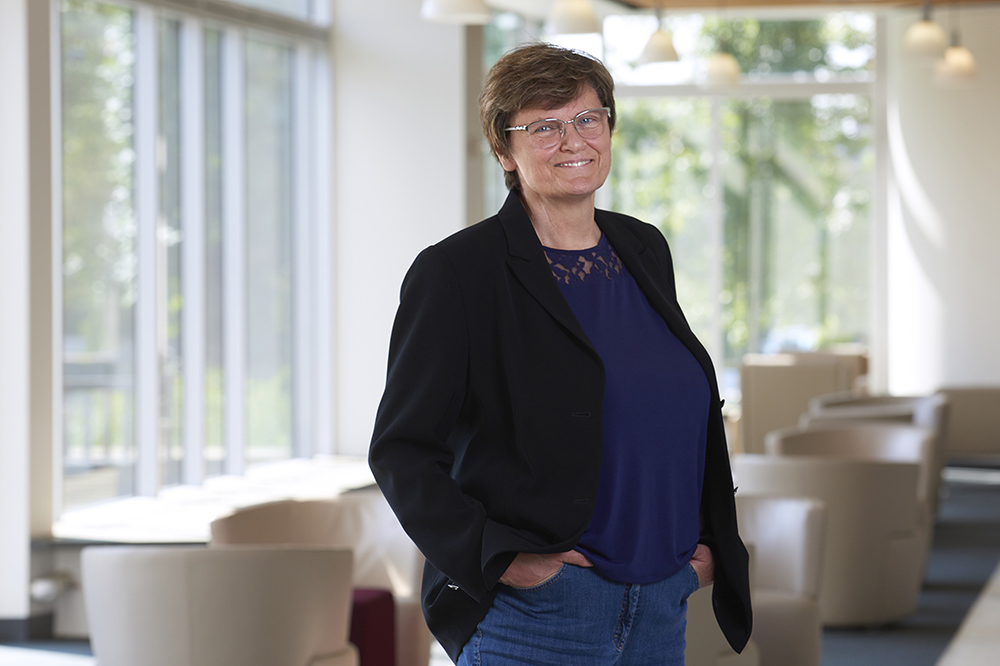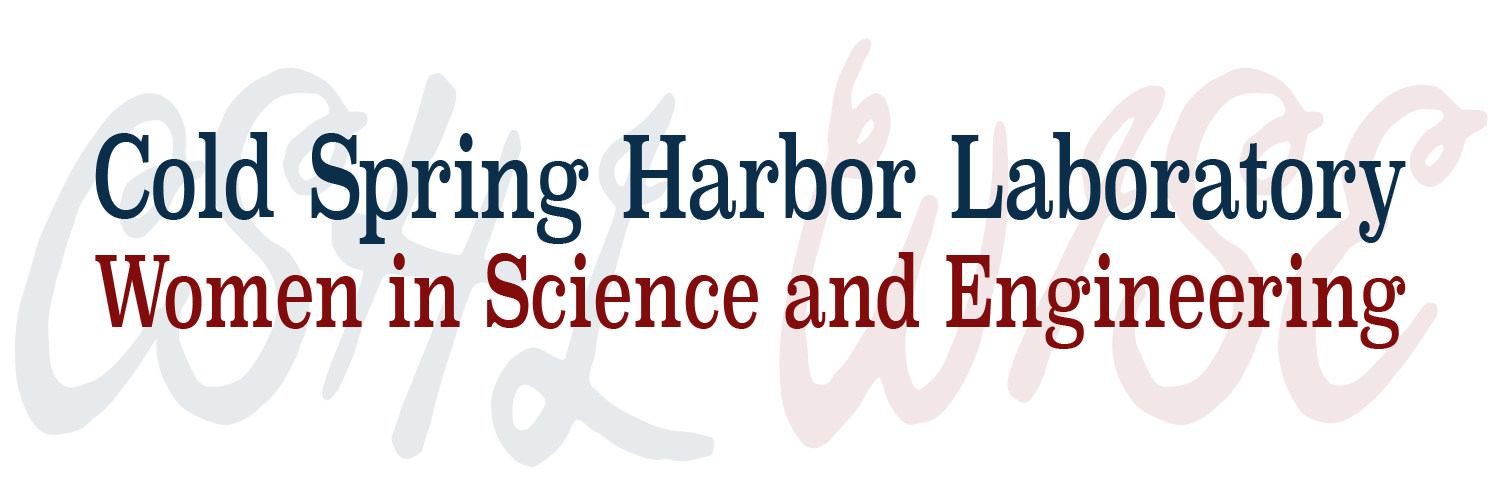This WiSE Wednesday’s feature is about Katalin Karikó, Ph.D. – a world-renowned biochemist whose work on developing non-immunogenic, nucleoside-modified RNAs paved the way for modern-day vaccines, including the first COVID-19 vaccines.
Karikó came from humble beginnings in Kisújszállás, Hungary, where her father was a butcher and her mother was a bookkeeper. During her childhood, it quickly became apparent that Karikó possessed many qualities that would later enable her to become a leading scientific researcher; by the time she was in eighth grade, Karikó had been ranked third across all of Hungary during a biology competition. She attended Móricz Zsigmond Református Gimnázium, affiliated with the Reformed Church in Hungary, to earn her bachelor’s degree in Biology in 1978. Then, she pursued her doctorate in Biochemistry in 1982 from the University of Szeged, Hungary. It was here that Karikó first began studying RNA and starting her own family – she wrote and defended her Ph.D. thesis while pregnant. After completing her Ph.D. in 1982, she worked at the Biological Research Center of the Hungarian Academy of Sciences in Szeged as a postdoctoral fellow. Although the lab would lose its funding, Karikó persisted and had an opportunity to immigrate to the United States with her husband and 2-year-old daughter to conduct postdoctoral research at Temple University.

In 1989, Karikó had the chance to start her independent research career at the University of Pennsylvania’s medical school as a junior faculty member. She collaborated with cardiologist Elliot Barnathan to show that messenger RNAs could induce human cells to produce complicated proteins on demand. Initially, Karikó faced many challenges while trying to keep her research lab afloat, which was not made easier by the fact that she was both a woman and an immigrant who spoke with an accent. However, in the 1990s she met immunologist Drew Weissman who wanted to collaborate with Karikó in using RNA technology to develop an HIV vaccine. Together, they discovered a way to modify foreign messenger RNAs to prevent them from activating the immune system while also increasing protein yield. They published these seminal findings in 2005 and founded a company, RNARx, to commercialize this new technology. In 2013, Karikó went to work for BioNTech RNA Pharmaceuticals as vice president, and subsequently a senior vice president in 2019, while continuing her research at the University of Pennsylvania. Her ability to leverage her experience in mRNA technology from within the industry facilitated BioNTech’s design of the first mRNA vaccine to combat COVID-19.
Dr. Karikó’s groundbreaking research has been acknowledged by several prestigious awards, including the Breakthrough Prize in Life Sciences (2022); Rechstein Medal from the Swiss Academy of Pharmaceutical Sciences (2021); the Széchenyi Prize, Hungary (2021); Council of Human Dignity Award, Hungary (2021); and was inducted as a member into the American Academy of Arts and Sciences (2021)
Entry Courtesy of Nicole Sivetz
Sources:
